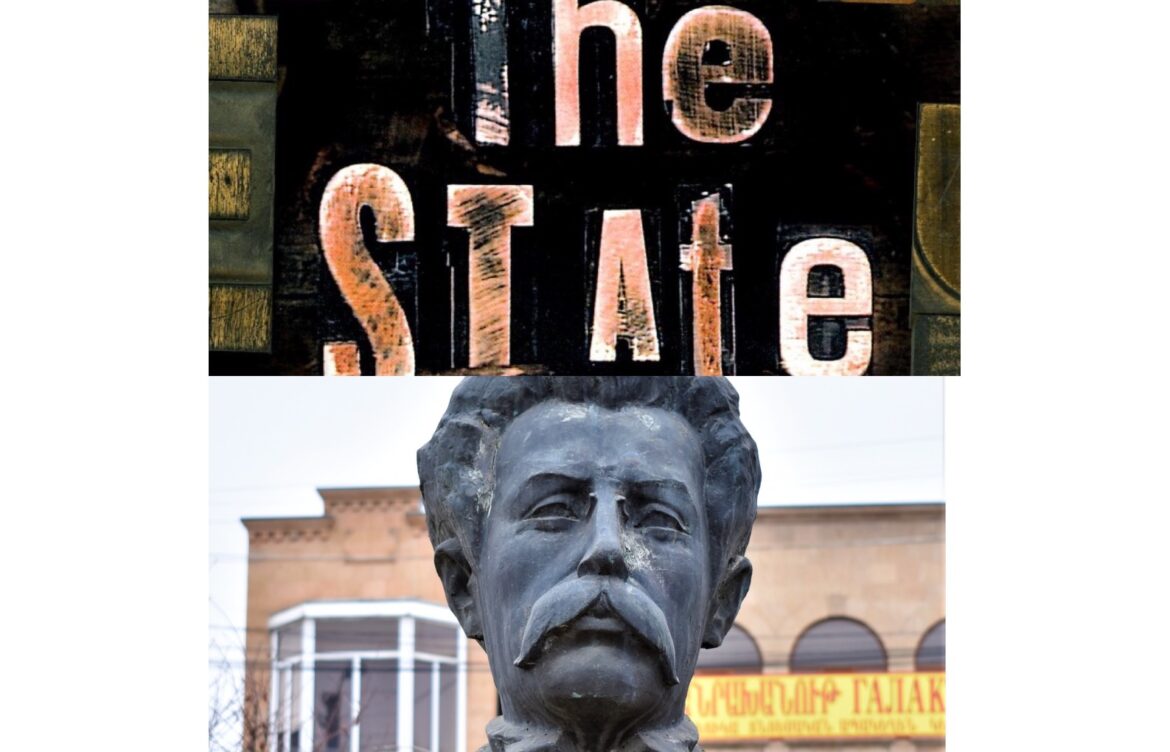Part V
Armenia is not a state that governs itself like other member countries of the international order. Armenia is a sovereign plant that must be watered every day with the strength of the sweat of free labor and in the name of a strategy of anticipation and a diplomacy of prevention.
Gaidz Minassian
Since Armenians’ 2020 defeat in Artsakh (Nagorno-Karabakh), an existential crisis has erupted within the public discourse. The shockwave produced by this trying time has compelled Armenians to ask hard questions and face these issues.
With the backdrop of the war in Ukraine, Azerbaijan’s aggression against Armenia raises many questions that can be organized into seven points: impunity, neutrality, legality, security, unity, reality, and sovereignty.
Sovereignty
The priority is the centrality of the state. The construction of Armenian identity should not revolve around the genocide, but the STATE. And it is up to it to integrate the issue of genocide into its institutions and the state apparatus. The best way to overcome the cleavages between Armenia and the Diaspora, between Armenians in the Caucasus and Armenians abroad is to strengthen the foundations of the state: the state does not belong to anyone, it is the house of all Armenians, wherever they come from. It is up to the state to respond to all Armenian particularisms, to the state to acquire the different attributes of sovereignty. To achieve this, the state must be strategic (for example requiring national service for all––boys and girls, as well as one month in the army for those from 18-40 years of age, the creation of a national reserve and a Foreign Legion). To reach this stage, the state must be fleshed out with new institutions and emerge from its old Soviet skeleton. Sovereignty is about making choices: retreating here to better advance there, giving up here to make better progress there. The individual and the territory go hand-in-hand. One should not crush the other as often has been the case in our history, where territorial law prevailed over the law of nations. The State is Cartesian, and not folkloric or communal; the state is rational, not emotional. Armenians all over the world must integrate the reason and the rationality linked to the state.
Armenia is not a state that governs itself like other member countries of the international order. Armenia is a sovereign plant that must be watered every day with the strength of the sweat of free labor and in the name of a strategy of anticipation and a diplomacy of prevention. For this, politics cannot be left in the hands of the current parties and organizations that lead us to where we are now: an existential void. It’s up to them to make their “big bang” or disappear forever because their world no longer corresponds to the present time. They lock themselves in a story, they are prisoners of a narrative that cuts them off from reality. Their representation of the world has ended up making Armenia a “memory state” or a Kafkaesque state, plunging us into a permanent nightmare. It is up to them to change because we need a party at the service of the state and not parties that use the state. Armenians need soft power in the world and not a communalized, withdrawn, puny, sterile and fetid, dreamy and excessive, victimizing and whining diaspora. Armenians need life and transmission and not death and destruction. Isn’t the Armenian cemetery already full enough of our excesses, our false calculations, our collective stupidity?
“All for the state and the state for all” must be the slogan of Armenians in the 21st century.

